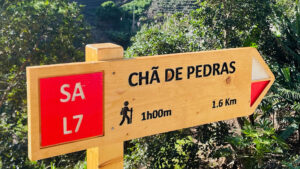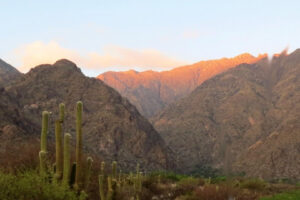Abstract/Description
Catalonia is a mountainous and very diverse region, beyond the popular city of Barcelona. 75% of the Catalan territory is rural and 46% is considered mountain areas. In 2022, the Catalan Government adopted the Rural Agenda of Catalonia, a document that should guide policy makers in the definition of new policies that take into account the reality and needs of rural and mountain areas. The Rural Agenda of Catalonia identifies mobility as one of the main challenges for the development of these areas. As a result, in 2024 the network of Local Action Groups of Catalonia –ARCA– created a Working Group on Rural Mobility. This group consists of twenty people from public and private entities with wide knowledge on rural mobility. The aim of the group is to delve deeper into the needs, complaints and demands of rural and mountain areas in terms of mobility, analysing them from an expert perspective and proposing solutions. During 2024, the Working Group identified and analysed a large number of factors that hinder or limit people’s mobility in rural and mountain areas. These factors are related to governance, data availability, the public transport fare system, supply and quality of public transport services, school transport, shared mobility and sustainability. Based on this analysis, the Working Group agreed on 50 proposals for improving mobility in rural and mountain areas, which will be presented and transferred to the Catalan Ministry responsible for mobility in 2025. In conclusion, the Working Group on Rural Mobility of Catalonia aims to be a participatory instrument to put pressure on public bodies in order to move towards mobility policies adapted to the specific needs and challenges of rural and mountain areas. In this regard, it can be considered that the Working Group is promoting rural proofing approaches within the public administration, that is, assessing the impact of public policies on rural areas and reviewing them through a rural lens.


